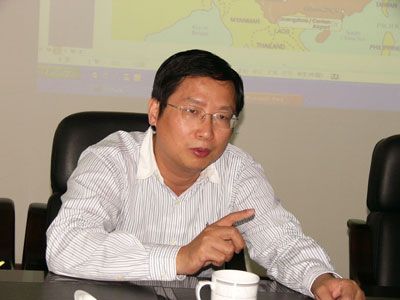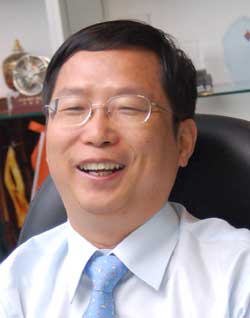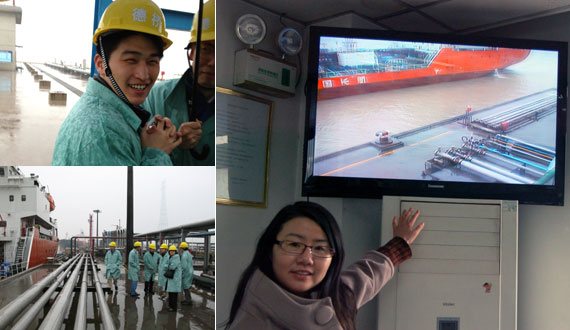
CHEMICAL STORAGE logistics player Hengyang Petrochemical Logistics, which has been listed on the Singapore Exchange since Oct 2009, is riding on the expansion of major chemical companies in China but faces a capital expenditure drag.
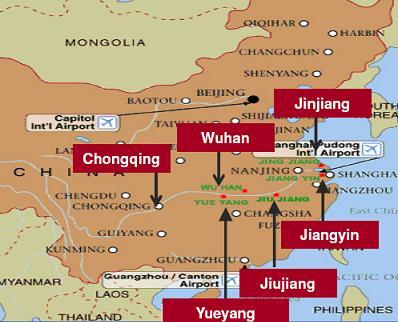
Hengyang (market cap: S$57 million, stock price 28 cents) is the preferred storage services provider to major petrochemical players like BP, Shell, BASF, Sinopec, CNPC and CNOOC, and stands to benefit from the growing demand for chemicals from inland Chinese cities.
In has storage hubs at Jiangyin and Jingjiang near Shanghai, and is undergoing an ambitious expansion plan.
It's building chemical storage tank farms on prime coastal land at key petrochemical hubs across the greater half of China – at Wuhan, Chongqing and Yueyang.
Government approvals are underway, and the management expects a strong cash flow surge for each project that obtains full approval to commence operations.
When 19 out of the 42 storage tanks at its Deqiao Facility started operating last Nov, the Group's capacity increased by about 50%. Demand is not an issue, according to the management.
Its Deqiao Facility, which also has two petrochemical jetties, cost Rmb 240 million to build.
Given its planned expansion upstream of the Yangtze river, the capital-intensive nature of chemical storage is putting great strain on its balance sheet.
Just why is chemical storage so expensive to build?
Firstly, the storage tanks are made of special steel alloys. This allows Hengyang to provide premium services of temperature control, which are necessary for some widely used chemicals such as phenol and acetic acid.
Secondly, petrochemical jetties are not quite like the jetties at offshore marine yards. Petrochemical jetties are laid with a complex web of pipes that offtake chemicals from transportation vessels. To preserve the purity of each chemical, one pipe is dedicated to each type of chemical.
NextInsight was with a group of Singapore analysts and investors who recently visited its Foreversun Facility in Jiangyin and its Deqiao Facility in Jingjiang to check this out.
For FY2011, Hengyang recorded RMB89.0 million in revenue (+27% year on year) and RMB16.22 m in net profit (which is virtually unchanged from the previous year).
Photos by Sim Kih and El Lee.
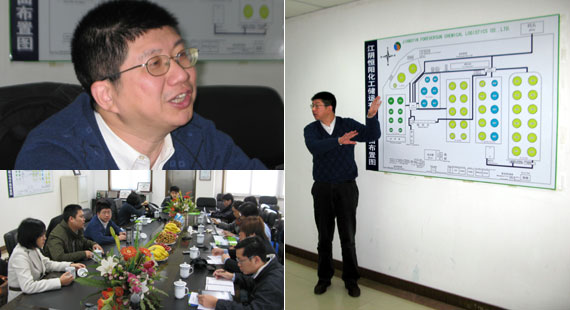
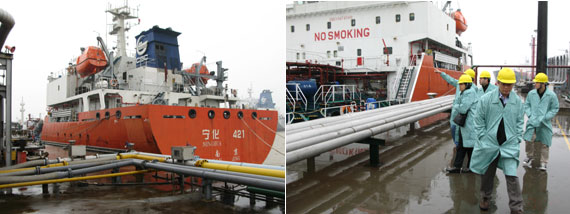


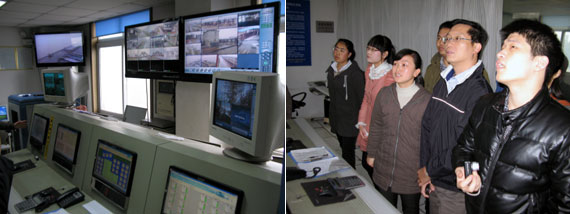
Related story: HENGYANG: To Be Yangtze River’s First Chemical Logistics Chain



